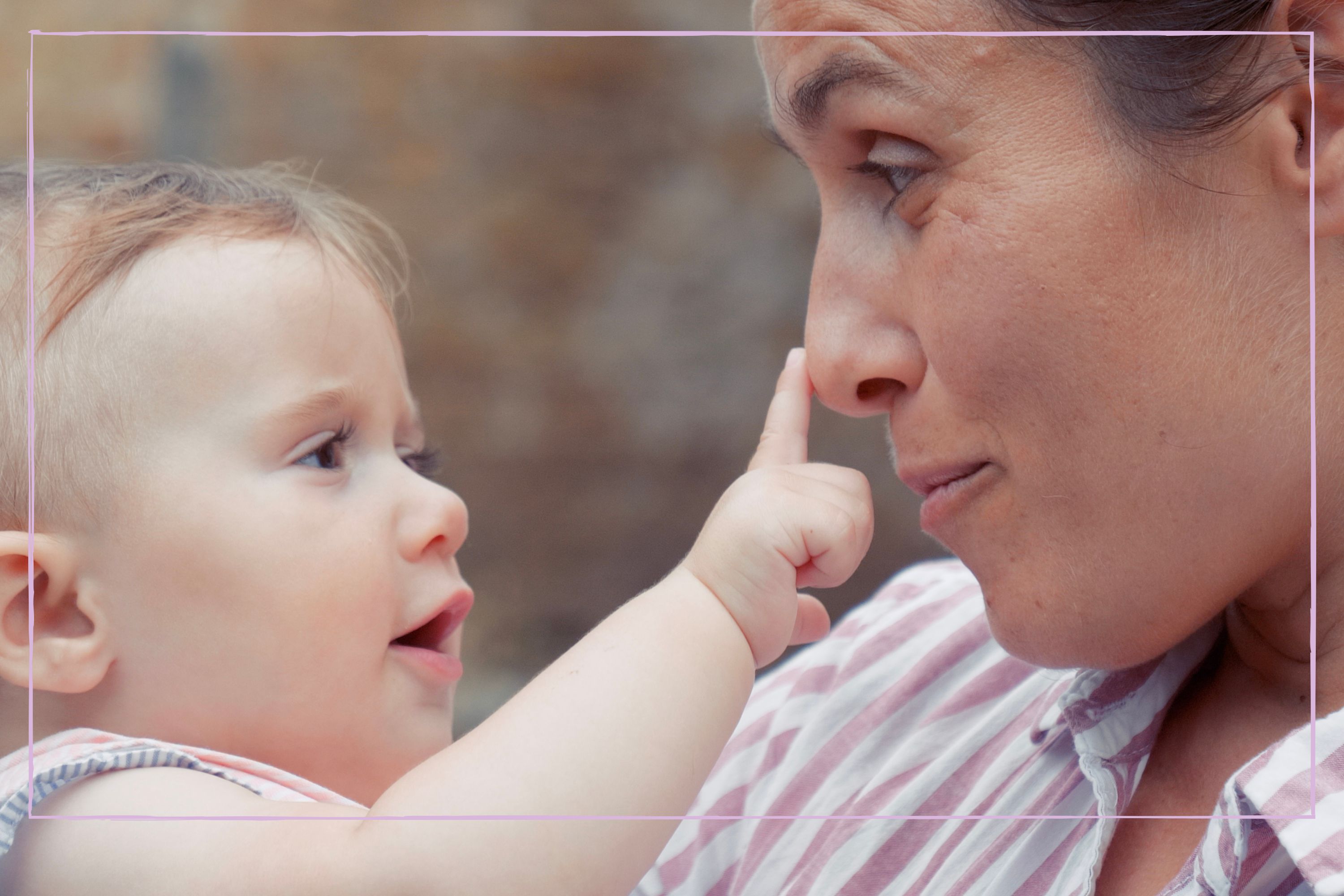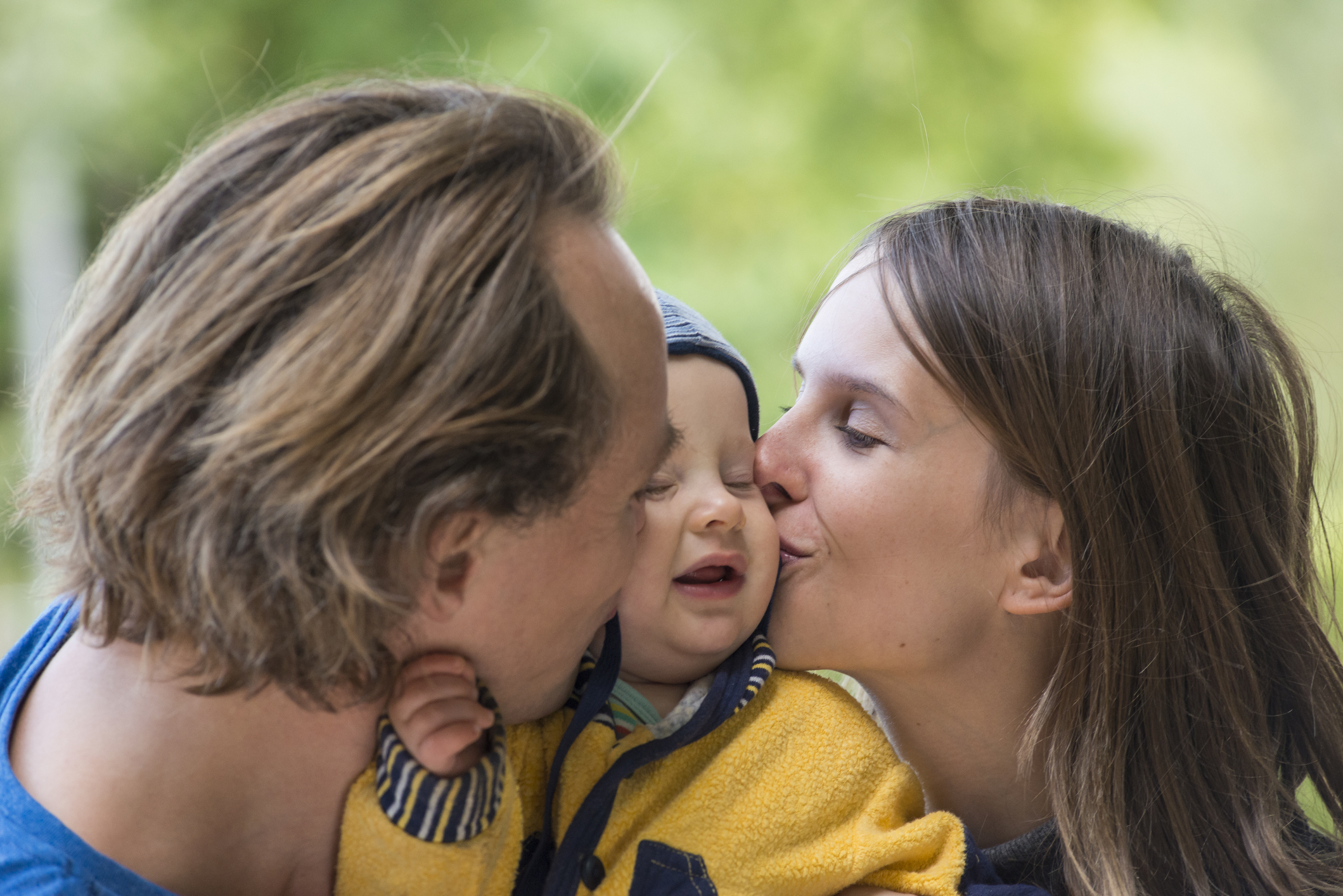
Parents are being warned to 'stop kissing babies' after a mum lays down the reality of passing your child a respiratory syncytial virus (RSV) this winter.
There's already a 'national incident' declared after measles cases sore with parents urged to book their child's missed MMR vaccines, and while most families will look for natural flu remedies to nix that virus, many won't realise that just by kissing your baby or someone else's baby, you increase the risk of that baby becoming 'seriously sick'. A fresh warning has been made following the ongoing number of people who are fighting off winter flu and respiratory viruses.
Abby, who goes by the Instagram handle TheMotherhoodHome, shared, "It’s RSV season and this is your friendly reminder to NOT KISS babies and toddlers on the hands or faces if they aren’t your child. Even if you are immediate family. This is not about you. This is about protecting children from becoming seriously sick. In fact, just don’t kiss babies full stop. This is just a reminder that RSV season is here. Do not be afraid to tell your family to NOT kiss your baby/toddler. People seem to think toddlers are safe from RSV, but they’re not. They can still become very sick. Let’s keep our littles safe."

Symptoms of Respiratory syncytial virus (RSV)
- Runny nose
- Decreased appetite
- Coughing
- Sneezing
- Fever
- Wheezing
The RSV virus is even known to remain on surfaces for up to seven hours. In the UK, RSV accounts for approximately 450,000 GP appointments, 29,000 hospitalisations and 83 deaths per year in children and adolescents, the majority in infants. It also has a major impact on elderly adults; 175,000 GP appointments, 14,000 hospitalisations and 8,000 deaths per year are logged in the UK, according to the Oxford Vaccine Group.
According to the NHS, RSV is common and almost all children are infected with the virus by the time they turn two years old. But it's youngsters under the age of one who have the highest risk of catching RSV. Babies under six months old often develop bronchiolitis and pneumonia as a result of RSV which can lead to them being admitted to hospital.
In November last year, The Mirror, reported that cases of RSV were on the rise. The report said Government data showed the overall positivity for RSV increased to 10.7 per cent, with the highest positivity in those aged under five years old at 39.4 per cent. Dr Conall Watson, Consultant Epidemiologist at UKHSA, said. "UKHSA (UK Health Security Agency) surveillance shows that – as is expected as we head into winter – many young children are now needing NHS assessment and care for conditions like bronchiolitis caused by RSV."
In other family news, here's why popcorn isn't for toddlers - brave mum shares warning over 'harmless-looking' snack that can be a go-to and british children are up to 7cm shorter than children of the same age in other countries, a new study shows as Kier Starmer calls for action on child health







